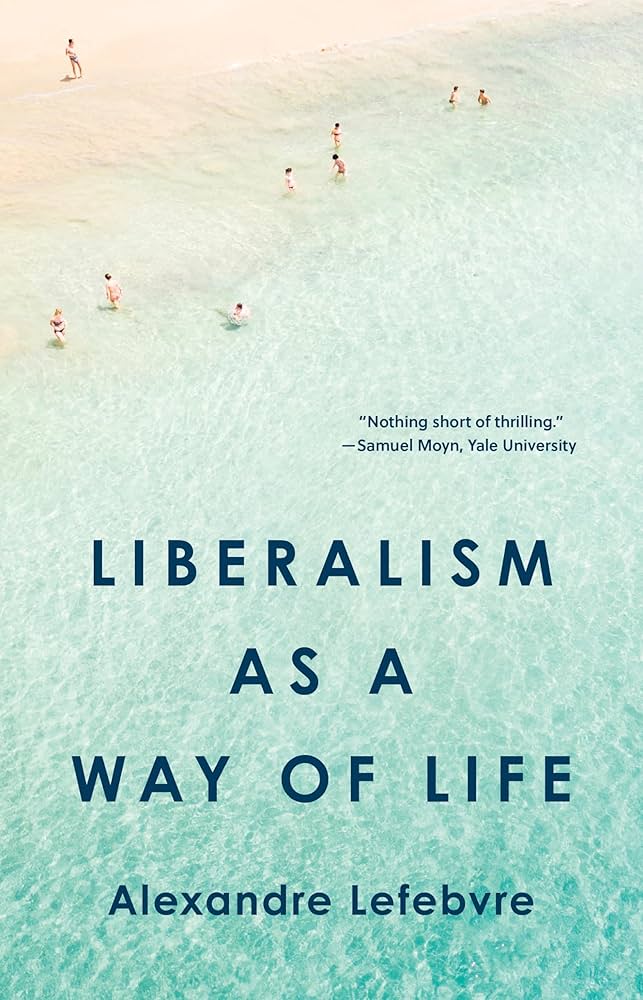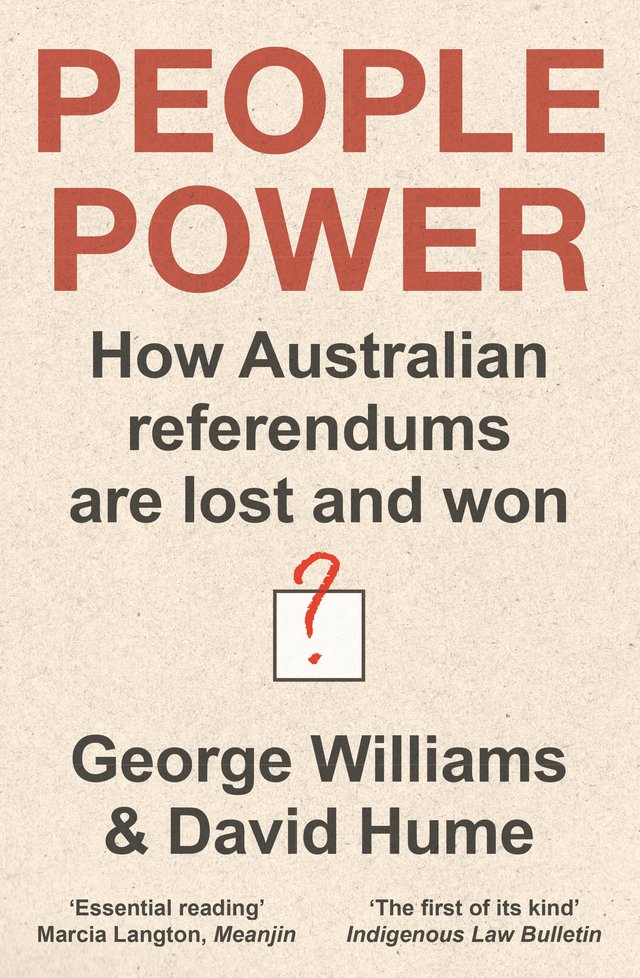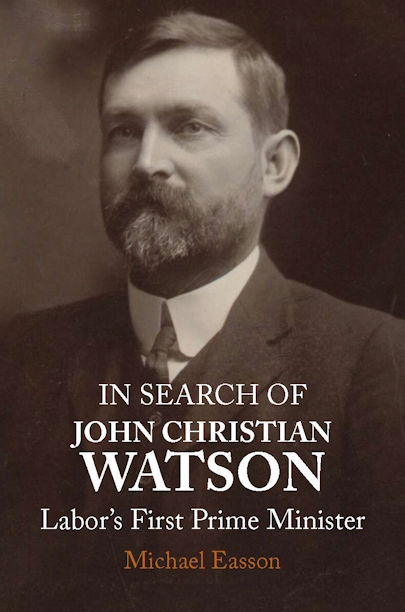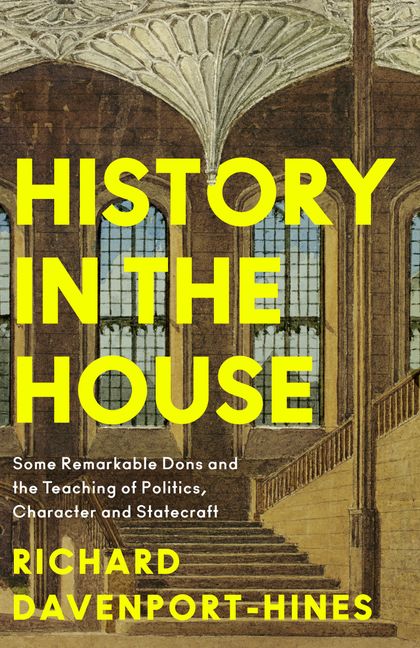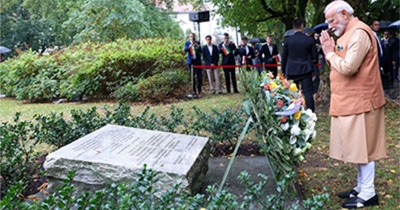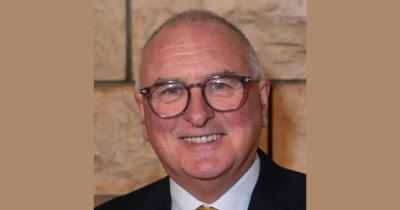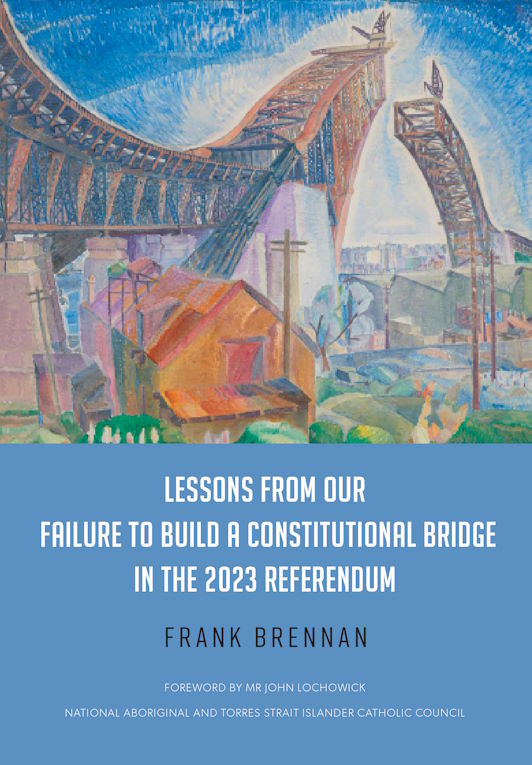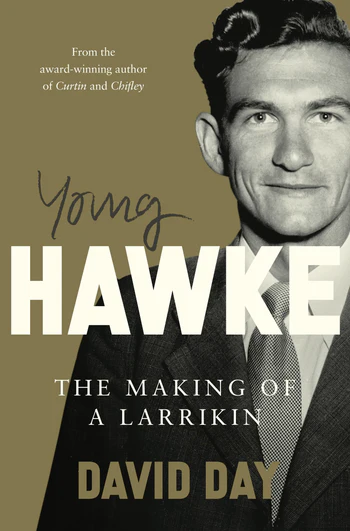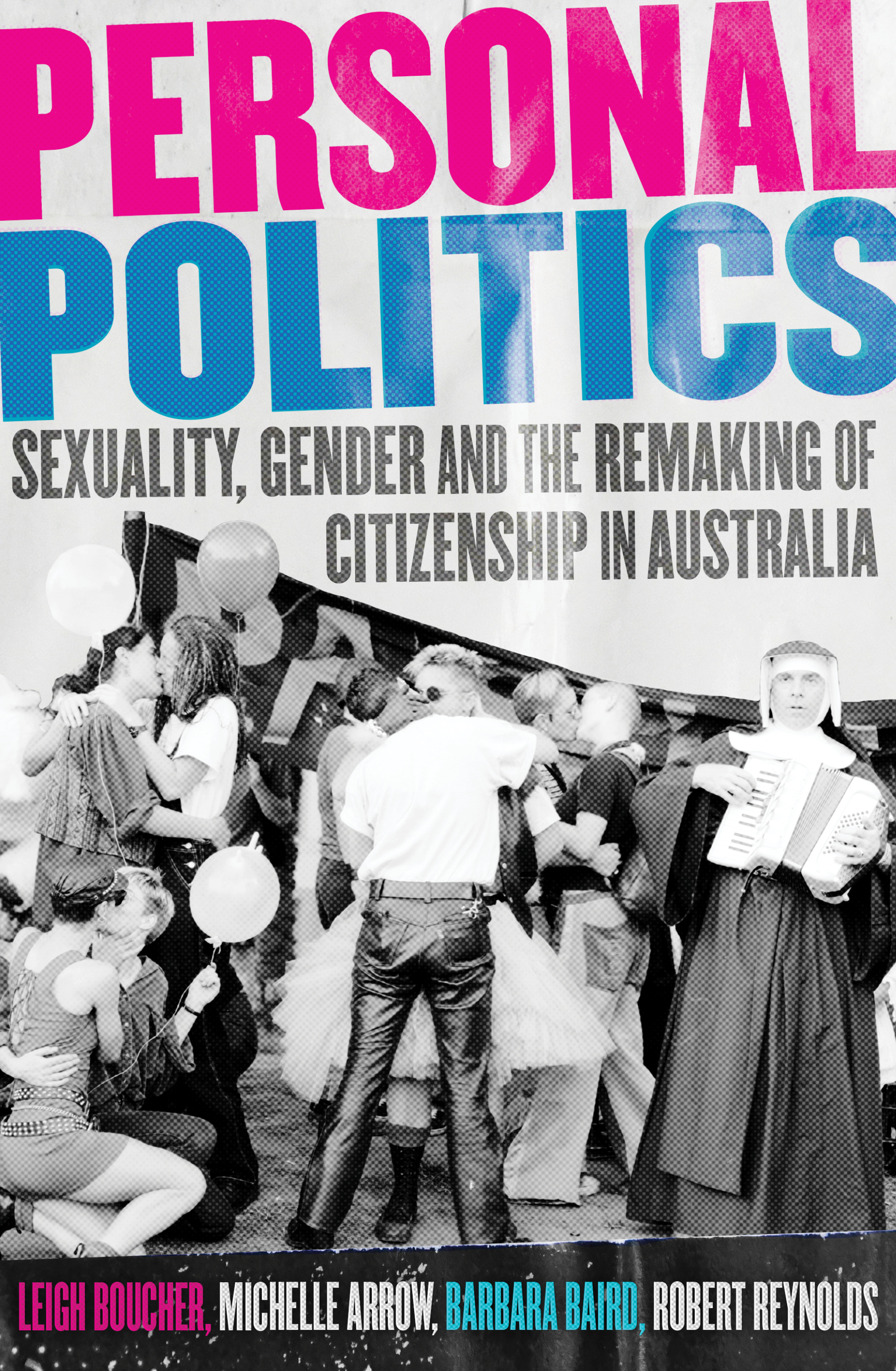Politics
People Power: How Australian referendums are lost and won by George Williams and David Hume
In Search of John Christian Watson: Labor’s first prime minister by Michael Easson
History in the House: Some remarkable dons and the teaching of politics, character and statecraft by Richard Davenport-Hines
The monsoon has now settled the dust stirred up during an eventful and blisteringly hot early summer in India. From April to June, in seven stages of voting and in temperatures that in some parts reached the high forties Celsius, almost 650 million people cast their votes in the largest election ever organised. The polls and the pundits predicted another big victory for Narendra Modi and the Bharatiya Janata Party (BJP). Yet when the verdict came, it surprised most observers. The BJP, supported by its coalition partners, was returned to office with far fewer seats than expected, and with Modi’s political authority much diminished.
... (read more)Australia is experiencing a housing disaster that risks turning into a social and economic catastrophe. It is a disaster because all four aspects of the system are extremely stressed and play havoc with the lives and aspirations of millions of people. Home ownership is beyond the reach of many households, even those with two good wages coming in, let alone those with one. Rents have skyrocketed and few affordable rentals are available for ordinary working families. Housing costs are so high as to lower living standards generally. The modern history of social housing is one of deliberate government under-investment, to the point where it is available only to those on income support and with desperate needs. In our land of plenty, homelessness is among the highest in the world and visible to all – a fact reported to our national shame in the international media.
... (read more)Lessons from Our Failure to Build a Constitutional Bridge in the 2023 Referendum by Frank Brennan & The End of Settlement by Damien Freeman
Bill Hayden, the first Queensland policeman to lead a federal political party, wrote of his experiences as a constable – the violence, the squalor, the tragedy – in his autobiography, Hayden (Angus & Robertson, 1996), and concluded: ‘All of these led me to feel a great anger at the injustices some people had to bear.’ At one point, the former governor-general noted that his ‘humanist’ reaction to injustice reflected his background as the son of a father who was an illegal immigrant and a mother who suffered domestic abuse.
... (read more)

